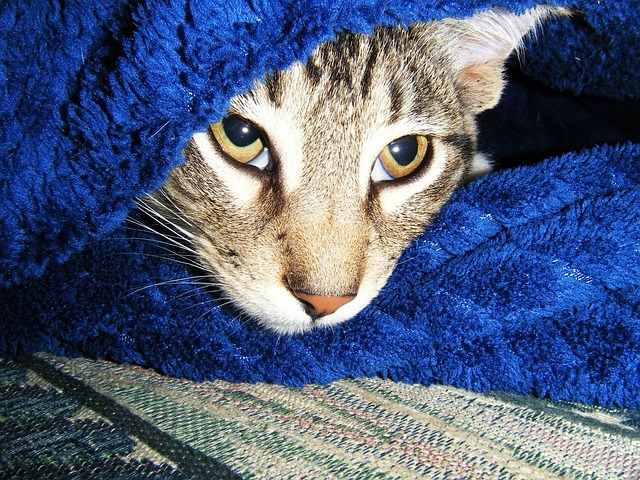Manx cats, known for their taillessness, have a long history of being beloved pets. But have you ever wondered if Manx cats have any genetic predispositions regarding bowel problems? This blog post will explore the risks and symptoms associated with bowel issues in Manx problems
Do Manx cats have bowel problems?
.
Manx cats are prone to bowel problems due to their genetic predisposition.
Specifically, they may have difficulties digesting certain proteins or fats, which can lead to nutritional deficiencies and vomiting.
In addition, they may suffer from a range of other gastrointestinal illnesses, such as inflammatory bowel disease and chronic pancreatitis.
Manx cats must receive regular check-ups with their vet to ensure that any underlying health issues are identified early on so that appropriate treatment can be undertaken and further complications avoided.
What Causes Bowel Problems in Manx Cats?
Manx cats often suffer from a condition called inflammatory bowel disease (IBD), which is caused by an overactive immune system that attacks the lining of the intestinal tract.
This can lead to an array of unpleasant symptoms, including vomiting, weight loss, diarrhea, and abdominal pain.
In some cases, IBD can even cause life-threatening complications such as malabsorption or protein-losing enteropathy (PLE).
Parasites
Another potential cause of bowel problems in Manx cats is parasites. Parasites are microscopic organisms that live inside a cat’s digestive tract and feed off its food.
Common parasites include roundworms, tapeworms, hookworms, and coccidia. These parasites can lead to poor digestion and nutrient absorption, as well as vomiting and diarrhea.
What Are the Symptoms of Bowel Problems?
If your Manx cat is suffering from IBD or parasites, it may display various symptoms. These include vomiting or regurgitation after meals; frequent trips to the litter box; bloody stools; weight loss; lack of appetite; dehydration; and general weakness or lethargy. If you notice these signs in your cat, contact your veterinarian immediately for further diagnosis and treatment.
Conclusion
Bowel problems can be severe health concerns for any pet—including Manx cats! If you notice any changes in your cat’s behavior or eating habits, be sure to contact your veterinarian right away for diagnosis and treatment options. With proper care and attention, most bowel issues can be treated successfully so your furry friend can enjoy a healthy life free from discomfort.
FAQ’s
Q: Can Manx cats get constipated?
A: Yes, Manx cats can become constipated due to a variety of factors, including dehydration and an insufficient amount of dietary fiber. If your cat is showing signs of constipation such as hard stools or straining in the litter box, contact your veterinarian for further evaluation and treatment options.
Q: Are there any special dietary considerations for Manx cats?
A: Yes, it is important to make sure that your Manx cat has a balanced diet with enough nutrients to meet their specific needs. Your veterinarian can help you determine the right food and supplement choices for your cat’s individual needs.
Q: Are there any other health concerns I should be aware of in my Manx cat?
A: Yes, Manx cats are prone to certain health problems due to their unique anatomy. These include joint and hip issues as well as eye and heart conditions, so it is important to monitor your cat for any changes in its overall health. Additionally, regular check-ups with your veterinarian are important to identify and address any potential issues as soon as possible.
Q: What is the best way to care for my Manx cat’s bowel health?
A: The best way to keep your Manx cat’s digestive system healthy is to feed them a balanced diet with plenty of high-quality, easily digestible proteins and dietary fiber. Additionally, regular exercise and access to fresh water can help keep your cat’s digestive system functioning properly. Lastly, it is important to schedule regular check-ups with your veterinarian to ensure any potential health concerns are addressed in a timely manner.
[su_box title=”Affiliate Disclosure”]This website is supported by its readers. Please assume that all links are affiliate links. If you make a purchase from one of the links we will make a commission from Amazon. Thank you.[/su_box]




